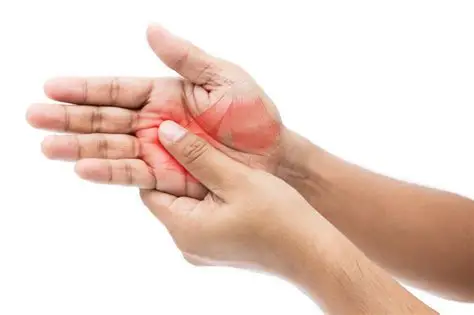Many things can cause numbness and tingling, including some medications. Things that we do every day can
sometimes cause numbness, including sitting or standing in one position for a long time, sitting with your legs crossed, or
falling asleep on your arm. These are all examples of pressure being put on nerves. Once you move, the numbness will get better.
There are numerous conditions that can cause you to feel numbness and tingling, such as:
- An insect or animal bite
- Toxins found in seafood
- Abnormal level of vitamin B-12, potassium, calcium, or sodium
- Radiation therapy
- Medications, especially chemotherapy
Sometimes, a specific injury can produce numbness or tingling, such as an injured nerve in your neck or a herniated disc in your
spine. Placing pressure on a nerve is a common cause. Carpal tunnel syndrome, scar tissue, enlarged blood vessels, infection, or
a tumor can all place pressure on a nerve. Likewise, inflammation or swelling of the spinal cord or brain can place pressure on
one or more nerves.
Damage to the skin via a rash, inflammation, or injury is another reason for numbness or tingling.
Conditions that can cause this type of damage include frostbite and shingles (a painful rash caused by the chickenpox virus).
Some diseases produce numbness or tingling as a symptom. Examples of these diseases include:
- Diabetes
- Carpal tunnel syndrome
- Neuropathy
- Migraine
- Raynaud’s phenomenon
- Multiple sclerosis
- Stroke or transient ischemic attack (mini stroke)
- Seizures
- Hardening of the arteries
- Underactive thyroid (hypothyroidism, Hashimoto’s thyroiditis)


